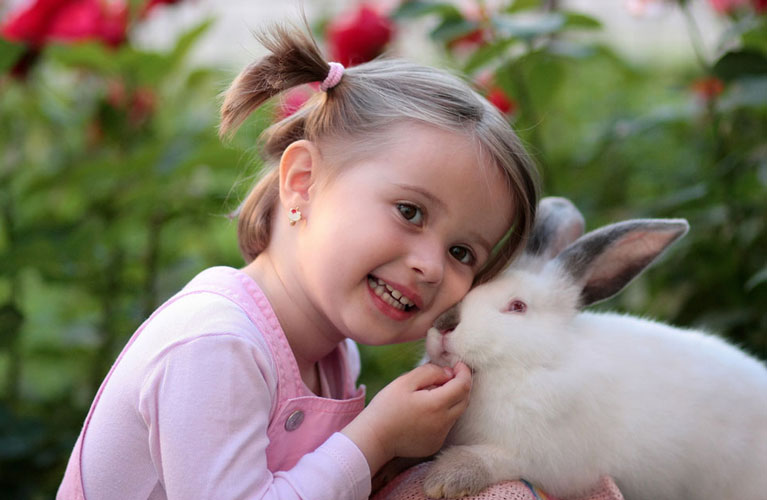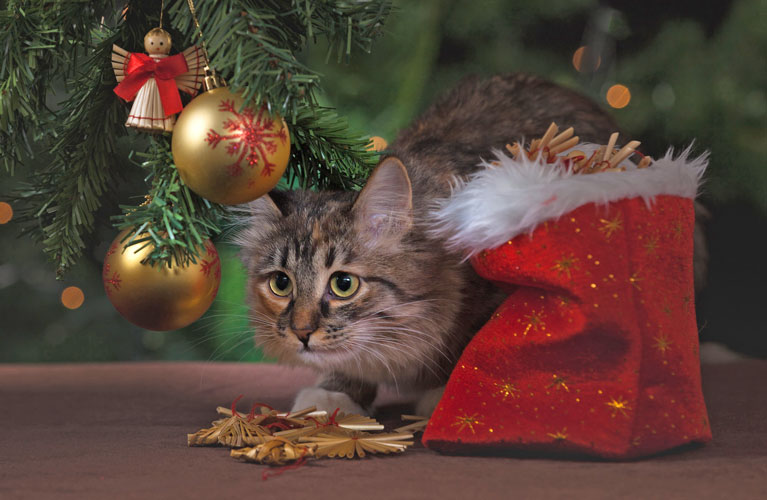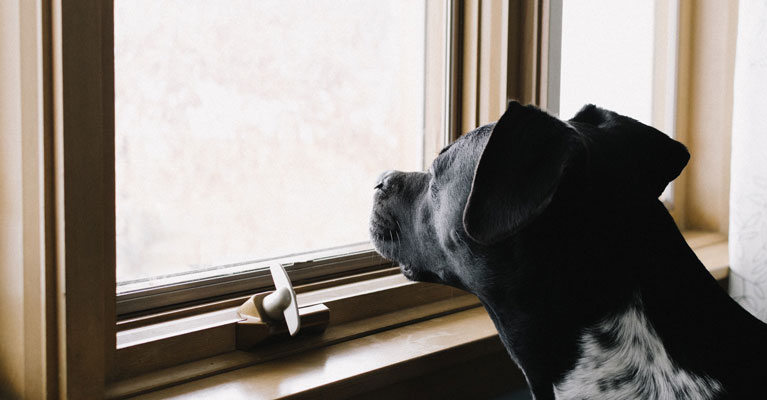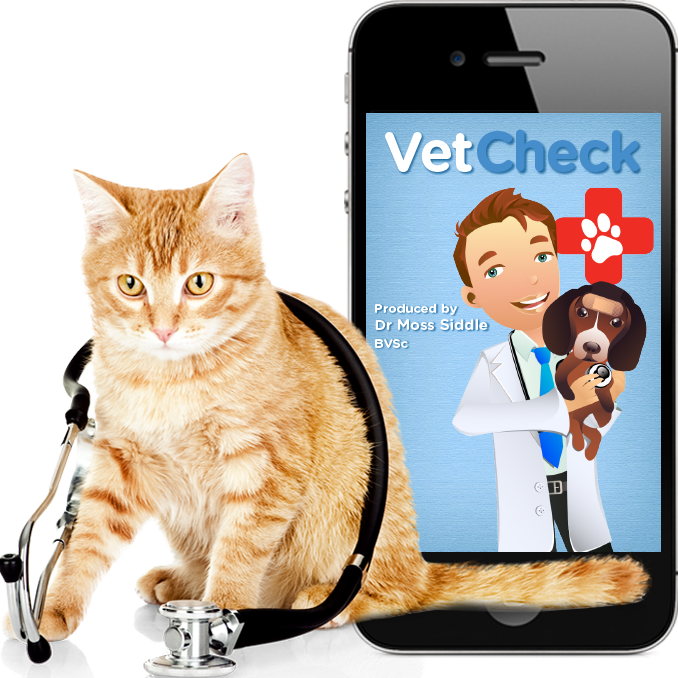Articles
Subscribe to our Monthly newsletter and get our latest articles and special offers delivered straight to your inbox.
Subscribe
Stress Cystitis in Cats

In stressful times, our pets can be a great source of comfort. But sometimes our pets will also get stressed by changes to routines, or picking up on their owner’s emotions. Stress and anxiety can manifest in many different ways, but one condition we see frequently in young to middle aged cats is called “Stress Cystitis”. The symptoms of stress cystitis look very similar to a urinary tract infection – straining to urinate, crying when urinating, passing small amounts of urine more often, urinating outside of the litter tray, blood in the urine, and licking around the genitals, but urine testing typically shows no signs of bacteria. We do not fully understand this condition but it is thought that stress or anxiety can lead to inflammation in the bladder similar to that caused by infections. Sometimes additional testing such as blood tests, x-rays and/or ultrasound may be needed to rule out other problems like kidney disease, bladder stones, or tumours in the urinary tract, particularly in older cats.
Stress cystitis can occur in both male and female cats, but male cats are more at risk of developing a blockage in the urethra, which can be life threatening. If you have a male cat that is straining to urinate but not passing any urine, or seems flat, depressed and painful in the abdomen, seek veterinary attention IMMEDIATELY. The good news is that in most cats (without a blockage of the urethra), stress cystitis is often self-limiting – typically cats just need some pain relief and within a few days they are back to normal. Feeding wet food only and increasing your cat’s water intake can also help to dilute the urine and reduce irritation of the bladder wall.
The best way to try and prevent recurrence of stress cystitis is to reduce stress and anxiety. The feline-specific pheromone Feliway (available as a plug-in diffuser) can help to reduce stress, particularly in multi-cat households. Ensuring each cat has access to their own resources (food and water bowls, litter trays) is also very important in multi-cat households. Finally, it is crucial to provide plenty of mental and physical stimulation for cats, in the form of toys/playtime, activity feeders, and a variety of climbing and resting places. For some cats, medication to reduce anxiety may be needed. If your cat is displaying any of these symptoms, a consultation with our vets is the first step in solving this frustrating problem.
Ask us for more information about reducing stress in your feline friend!
Latest Posts
Platinum Paws
Would you like you annual vets costs spread out monthly, plus bonus services and discounts? Join Platinum Paws Proactive Pet Care Club today.
More




